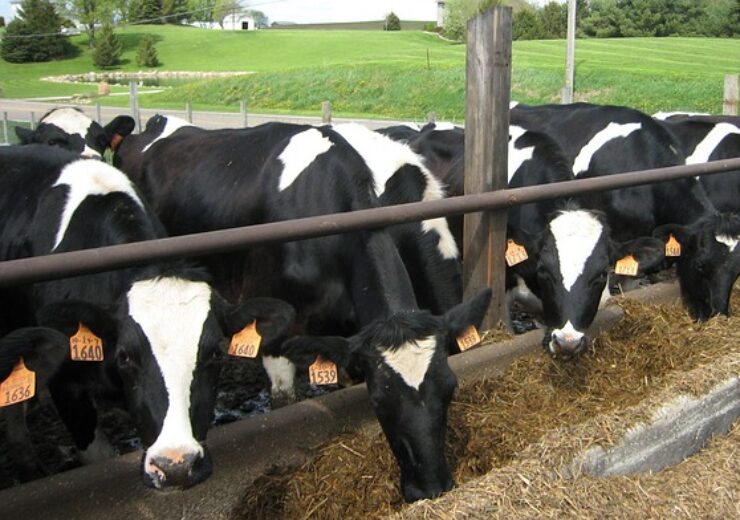The new RNG facility in Arizona will generate 1.6 million gasoline gallon equivalents of vehicle fuel per annum

Fortistar and Paloma Dairy have commenced construction on dairy digester RNG facility. (Credit: PublicDomainPictures from Pixabay)
Fortistar and Paloma Dairy have commenced the construction of a dairy digester renewable natural gas (RNG) facility in Arizona, US.
The new facility, dubbed Sunoma Renewable Biofuel Project, will generate 1.6 million gasoline gallon equivalents (GGE) of vehicle fuel per annum for the Class 8 trucking sector that is sufficient to move 10 million miles of freight.
Situated at Gila Bend, the new RNG facility will accelerate the local economy with 50 construction jobs and six permanent positions.
Fortistar portfolio firm TruStar will market and supply the RNG fuel
TruStar, a Fortistar portfolio company and developer of natural gas fueling stations, will market and supply the RNG fuel.
Montrose Environmental Group’s division Montrose Water and Sustainability Services has completed the design and engineering for the RNG facility. It also helped to procure equipment for the project.
The subject matter experts from Montrose will offer construction oversight, as well as startup and commissioning support for the facility. The Industrial Services Company (ISC) will oversee the construction of the system.
The new RNG facility is the third of 12 new projects being developed by Fortistar. The projects, which could cost $500m, are expected to be started over the next year.
Fortistar’s new projects are anticipated to generate 120 million GGE of RNG over the next three years and minimise the US transportation emissions by two million metric tonnes of CO2 per annum.
Fortistar president Mark Comora said: “This one project will help provide solutions for two important American industries. We are using our expertise to create new revenue streams for dairies while capturing methane and repurposing it to decarbonize the transportation sector.”
Paloma Dairy, owned by the Van Hofwegen family, uses the latest radio-frequency identification (RFID) technology to efficiently monitor its black and white Holstein cows.
The RFID technology enables the dairy to track the complete health record of each cow. It helps employees to check on the health of each cow daily.
Paloma Dairy also manufactures cow feed by using alfalfa, corn silage, wheat and barley produced across 7,000 acres of farmland, in addition to managing more than 10,000 animals.
In July, Duke Energy partnered with SustainRNG to produce RNG from dairy farms in the US.
